Global Credit
The health of corporate balance sheets and anticipation of resilient earnings are among factors potentially benefiting global credit this year.
Many investors are questioning how rising interest rates will affect corporate borrowers. Will their financing costs rise significantly and, from a credit investors’ perspective, do higher rates elevate default risk?
Une contribution positive au changement climatique grâce au Crédit mondial.
Our on-the-ground teams of fixed income specialists systematically share investment ideas uncovered across developed and emerging markets
Check the latest First Sentier Investors fund price and fund performance, keep track of funds performance and trends to help investment selections.
A new study has found that on average people could be ingesting approximately 5 grams of plastic every week, which is the equivalent weight of a credit card.
In order to fully understand why Kaisa defaulted on its bonds, we first need to get a good grasp on the deleveraging policy called the three red lines. Following years of debt-fueled growth in the property sector during which home prices surged six-fold over the past 15 years, the Chinese government decided to rein in excessive credit took on by property developers to avoid Japan’s mistake in the 1990s, which eventually led to long-term damage to growth.
Global Listed Infrastructure dipped in the June quarter as investors focused on higher beta segments of the market.
We crossed six US states meeting over 70 infrastructure management teams as well as customers and suppliers at three conferences. We visited three corporate head offices, several regulators and toured the country’s largest nuclear power plant.
First Sentier Investors, l’un des principaux gestionnaires d’investissement au niveau mondial, a le plaisir d’annoncer la nomination d’Amanda Gazal au poste de nouvelle Directrice des opérations (Chief Operating Officer, COO).
First Sentier Investors, un gestionnaire d'investissement mondial de premier plan, annonce aujourd'hui qu'il fixe ses premiers objectifs en matière de nature en tant qu'adopteur de la Taskforce on Nature-related Financial Disclosures (TNFD), à l'approche du sommet inaugural Global Nature Positive Summit organisé à Sydney cette semaine.
As with global automotive manufacturers, several Indian automotive original equipment manufacturers (OEMs) including Maruti Suzuki, Mahindra & Mahindra (M&M), Tata Motors and Eicher Motors have recently announced that the shortage of semiconductor supply has impacted their production schedules. This has added to the persistent challenges faced by the industry over the last few years.
We have written about the spate of Initial Public Offerings (IPOs) in India and our reasons for staying away from them, for the most part. This time, we want to talk about why new listings are important to keep the market vibrant and to keep the entrepreneurial spirit in the country alive.
Head of Asian Fixed Income, Nigel Foo provides an outlook into 2025 for the strategy.
Global Listed Infrastructure fell in the September quarter as market expectations that interest rates were likely to remain “higher for longer” were priced into valuations.
A growing consensus that interest rate cuts were likely in 2024 drove a strong quarter for Global Listed Infrastructure, with gains for every infrastructure sector and region.
Since our last update, global markets have not been short of action and the manic behaviour characterising today’s markets has taken investors on another rollercoaster ride. While not quite comparable to the market movements seen during the dark days of March 2020, the recent correction — especially in China-related companies — has been notable. Yet, from a market perspective, a sense of normality is finally starting to emerge after the more speculative phases over the past 12-18 months.
Credit portfolios with genuine Environmental Social and Governance (ESG) integration could be a canary in the coal mine for potentially difficult-to-quantify risks and opportunities, including those likely to stem from climate change and the energy transition. While governments globally move at different speeds to put in place net zero policies, ESG-focused credit investors are taking decisive, early action to reflect these factors in their portfolio allocations.
There were a number of structural trends leading up to the Covid pandemic that were all very well understood. And the pandemic has given rise to some newer emerging trends. And what is central to the majority of these trends is the rapid advancement and continued adoption of technology which is driving societal change.
Concentration in equity markets has reached unprecedented levels. While this has driven remarkable returns for a narrow slice of the market, it raises critical questions about diversification, valuation, and risk for equity investors.
Our recent paper on Extreme Concentration focussed on the US (and so Developed Markets). This was the natural as the central issue of concentration was among the top 10 stocks in the US, among them, the “Magnificent 7”.
Global listed infrastructure underperformed in 2023 owing to rising interest rates and a shift away from defensive assets. Relative valuations are now at compelling levels. Infrastructure assets are expected to see earnings growth in 2024 and beyond, aided by structural growth drivers.
2024 was a year marked by global inflation and economic growth concerns against a backdrop of worldwide elections. As we head into 2025, volatility will remain an enduring constant.
The energy crisis in Europe has boosted global demand for LNG. Global listed infrastructure companies pioneered the US LNG industry, investing US$50 billion since 2010. The energy crisis is providing an opportunity for LNG to secure its role as a transition fuel. With reliability and security of supply increasingly front of mind, US LNG exporters stand to gain market share, underpinning a further US$50 billion of investment over the next decade. An increased need for natural gas infrastructure will also benefit the broader North American midstream sector.
We recently spent a couple of weeks in the US and Canada, meeting with management teams from the railroads, utilities and energy midstream sectors, as well as with regulators. Below are some of our findings. We hope you find them interesting.
2024 was a good year for global listed infrastructure. Strong earnings for energy midstream and a step-change in the earnings growth outlook for utilities helped the asset class to shrug off rising bond yields and political uncertainty.
In almost every meeting that we have with management teams, we will ask about incentivisation. In our view, it is an important question and the answer can be highly revealing about an organisation’s culture and behaviour.
Recently I attended the largest US utility conference, the 2024 Edison Electric Institute (EEI) Financial Conference, in Hollywood, Florida. I met with management teams from 26 regulated electric and gas utility companies.
FSSA India webcast focus on the India Subcontinent Markets and Asia Pacific equities
After decades of flat electricity demand for US utilities, the industry is now seeing unprecedented demand as growth in data centers / AI, electrification, onshoring and electric vehicles outweighs energy efficiency gains. One utility executive stated: “Seeing all these customers wanting 24/7 load and willing to pay for it – it is every utility’s dream”.
Over the last decade the electricity sector has been at the forefront of decarbonisation, ahead of transport, industry and agriculture.
Achieving net-neutral carbon development within the listed real estate sector requires comprehensive measurement of embodied carbon emissions, the implementation of embodied carbon reduction targets within development programmes and carbon offsets.
Concentration in equity markets has reached unprecedented levels, particularly in the United States. A select few mega-cap stocks, colloquially referred to as the "Magnificent 7," now dominate market indices, reflecting a convergence of technological innovation, speculative enthusiasm, and the allure of generative AI.
Personnaliser votre visite
Selectionnez votre pays ou region :  France
France
Australia & NZ
-
 Australia
Australia -
 New Zealand
New Zealand
Asia
-
 Hong Kong (English)
Hong Kong (English) -
 Hong Kong (Chinese)
Hong Kong (Chinese) -
 Singapore
Singapore -
 Japan
Japan

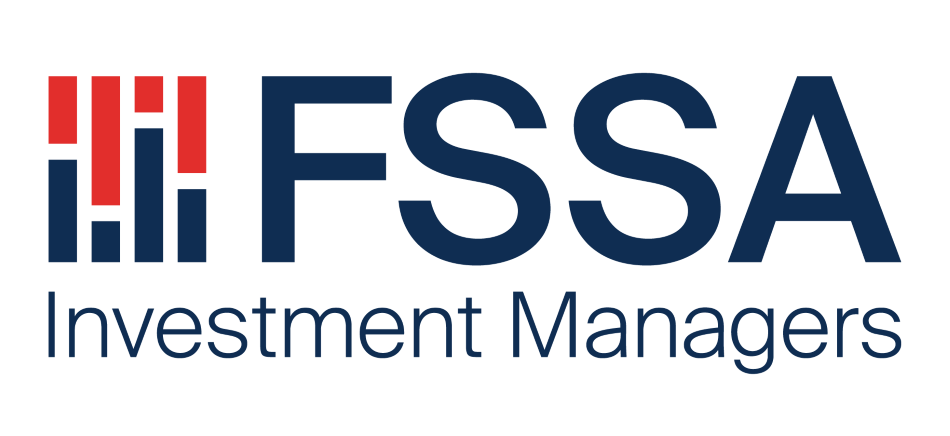
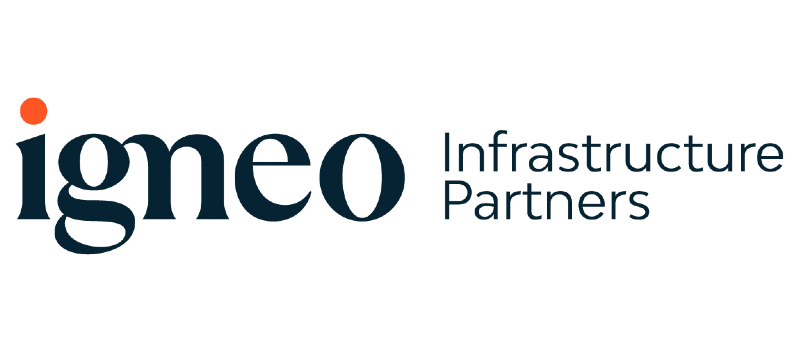
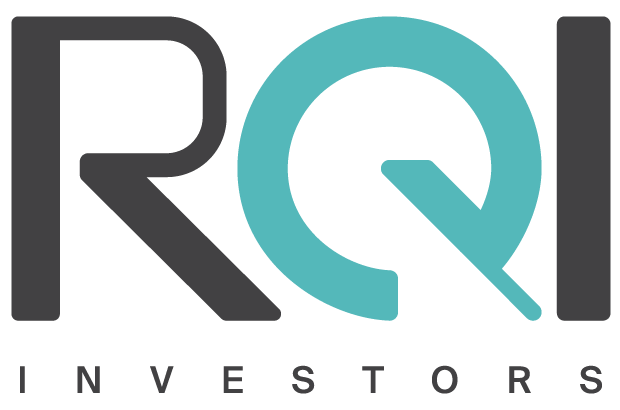


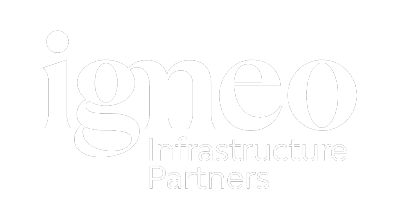


















 United Kingdom
United Kingdom 